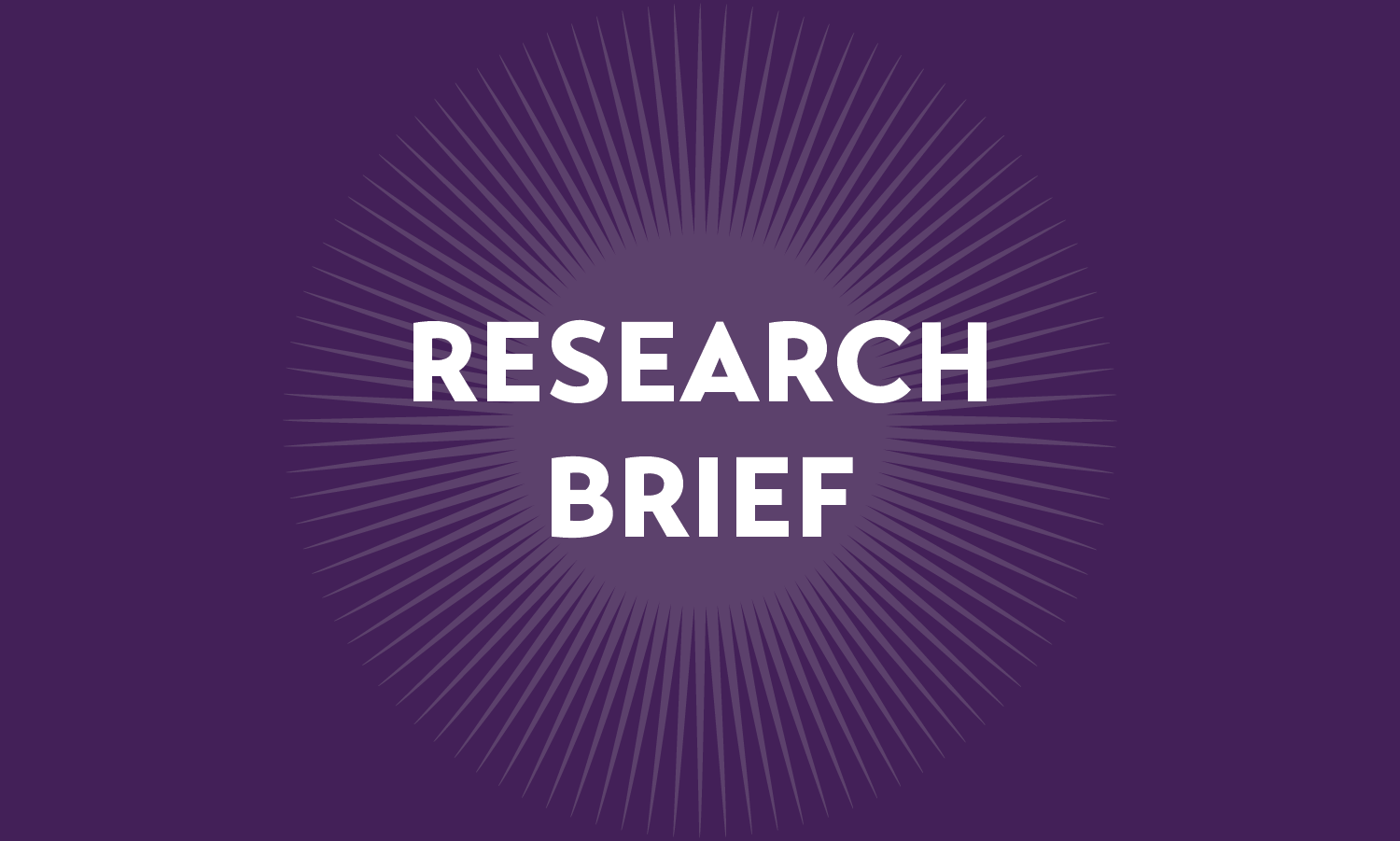
Building High-Quality School Counseling Programs to Ensure Student Success. Brief No. 21. EdResearch for Recovery Project.
Criteria: Comprehensive brief on the overall benefits of school counseling programs; includes several strategic “dos and don’ts” for educators and administrators to consider in their implementation of counseling programs
Key Takeaway: Despite the limited availability of school counseling across the nation, this research brief illuminates its vital role for students, particularly in the wake of pandemic-induced isolation and mental health challenges. Comprehensive counseling, focusing on preventative measures rather than merely crisis response, is linked with improved student well-being, academic performance, postsecondary trajectories, and attendance rates. For educators looking to enhance their school counseling programs, actionable strategies include implementing Student Success Skills, utilizing mental health screening tools, promoting equity and diversity, and avoiding assigning non-counseling tasks to counselors in order to maximize their effectiveness.
Summation and Insights: Counseling programs are incredibly beneficial for school districts, and yet, access to school counselors is limited across the nation, with only 30 states mandated the presence of school counselors; the average student to counselor ratio overall comes in at a staggering 424:1. Counselors are even more needed in the wake of the pandemic, in which many students felt alienated from their schools and experienced higher rates of anxiety and depression. This brief sponsored by the Bill and Melinda Gates foundation and created by the EdResearch for Recovery Project in conjunction with the Harvard Graduate School of Education provides educators with useful facts and strategies to consider for creating successful counseling programs in schools.
School counselor work promotes three crucial areas: student academic, social-emotional, and behavioral strategies. In fact, one of the most successful strategies a school can consider is offering comprehensive school counseling, in which counselors proactively target all three of these areas as well as implementing preventative measures in schools, rather than simply responding to crises. Counseling work can include individual and group sessions, as well as school-wide programing on topics like suicide prevention. What counselors do varies by grade level; high school counselors contribute significantly to postsecondary preparation whereas elementary and middle school counselors focus more on socio-emotional development. Research has consistently linked school counseling and the programs that they offer with three positive outcomes: improvement in student well-being and academic performance, postsecondary trajectories (including higher rates of applying to schools and filling out FAFSA financial aid forms), and improved attendance, suspension, and disciplinary rates.
Strategies and initiatives that counselors can proactively contribute to on campuses include: implementation of SSS (Student Success Skills), an evidence-based and counselor-led program that helps students develop social and self-management skills, screening tools that identify students who need assistance, such as universal mental health screening or even screening tools aimed at specific issues such as bullying or substance abuse, the examination of student outcome data regarding attendance, graduation rates, participation in special education or gifted classes, and programming that promotes equity and diversity. Here, counselors can engage in multicultural counseling that promotes student identity development and reduces prejudicial behavior, as well as work on culturally responsive counseling initiatives. One innovative practice here is the emerging use of hip hop and spoken word therapy, which integrates the writing, recording, and performing of hip hop music into initiatives to reach out to African American and Latinx youth. School counselors can also be utilized for programs regarding postsecondary development, including outreach programs to graduating seniors and individualized learning plans that help students to identify career interests.
This brief also suggests strategies to avoid in counselor positions/the building of long-term counseling problems. One huge problem, especially in the midst of schools that may be understaffed, is using counselors for non-counseling tasks, such as bus duty or substitute teaching. This creates less time for some of the beneficial initiatives discussed above, as well as deprives students of crucial support, such as individualized counseling for students. Another key takeaway is that partnerships with community-based programs, designed to increase college access and compensate for weak school counseling programs, appear to actually increase inequities when they are not well integrated into school-based programs. They often provide duplicate services and are distributed inequitably across neighborhoods.
Despite the clear benefits of school counseling, many schools have struggled to provide adequate counseling services due to limited funding, staffing, and training. However, school counseling programs are both data-driven and empirically validated measures that can support students’ academic, social-emotional, and postsecondary success. The strategies and benefits listed above can be helpful for educators and administrators looking to create high-quality school counseling programs that can bolster student success and mental well-being.
Year: 2022
Author: Mandy Savitz-Romer & Tara P. Nicola
Primary Author: Mandy Savitz-Romer, https://www.gse.harvard.edu/faculty/mandy-savitz-romer
